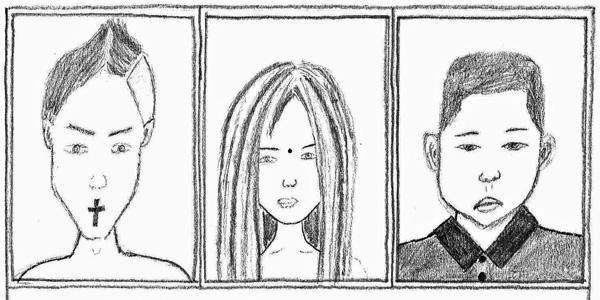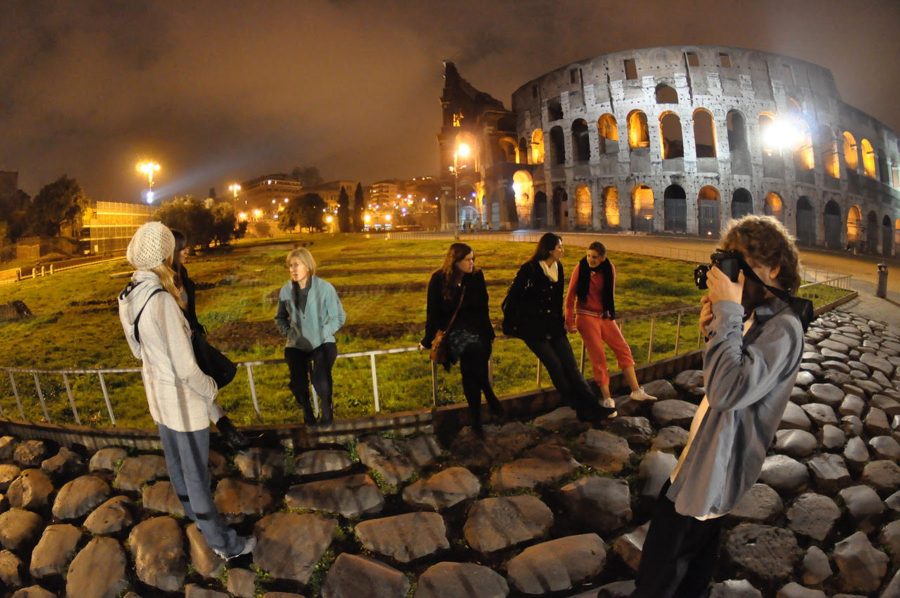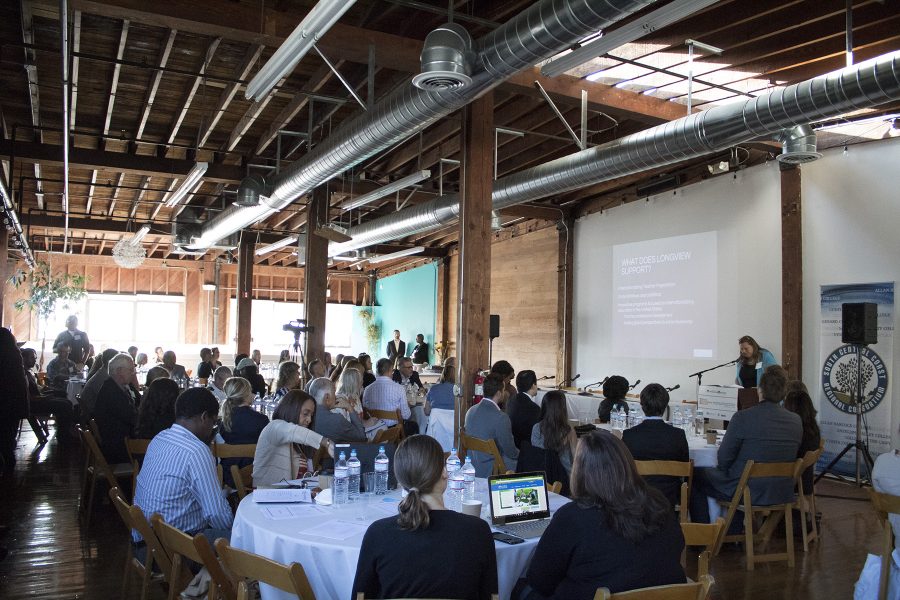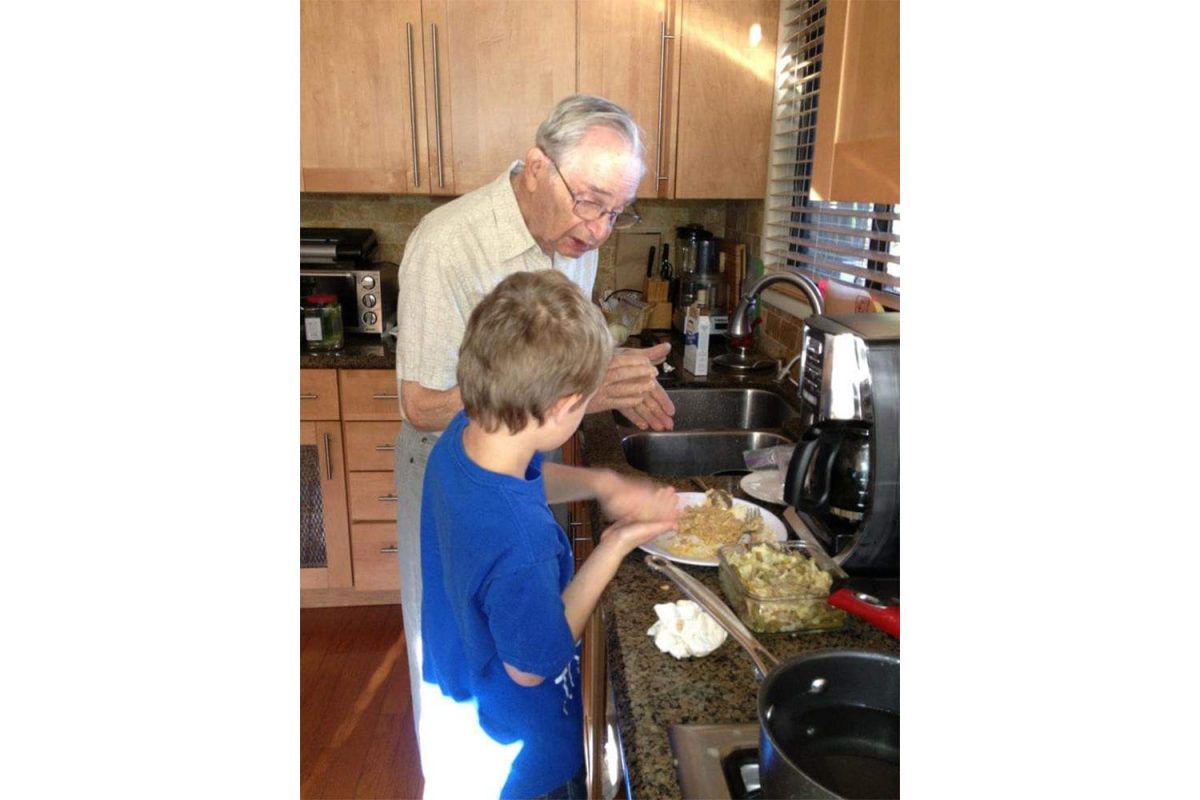It’s always nice to know what your neighbors are up to, especially if they are threatening you with nuclear war.
The North Korean government controls every aspect of its peoples’ lives, down to the hair on their heads. Citizens are only allowed to choose from a list of 28 state-approved hairstyles devised to “ward off the corrupting effects of capitalism.”
It’s easy to be skeptical whenever someone makes an analogy to The Third Reich because it’s become the boilerplate with which to compare anything even remotely unfair. But sometimes things can be so Nazi-like that they make Guantanamo Bay look like Camp Granada.
In North Korea, political prisoners are punished with forced labor for thought crimes, watching the wrong television shows, or following the wrong religion. Travel is restricted. The media serves only to spread political propaganda. Its people are starving. It remains one of the poorest and least developed countries, but its heavy leader blusters daily about their exceptional military.
“People think the Holocaust is in the past, but it is still very much a reality. It is still going on in North Korea,” said Shin Dong-hyuk, a 30-year-old man who was born to two prisoners inside a “total-control” grade internment camp. He lived there for 23 years before escaping.
Chol Hwan-Kang, a defector from North Korea who fled to the South after his release from the camps, claimed that these camps are fundamentally the same as Auschwitz.
On March 21, 2013, the United Nations Human Rights Council established a Commission of Inquiry to investigate the human rights violations in North Korean prison camps, including the “violation of the right to food, torture and inhuman treatment, arbitrary detention and enforced disappearances, including the abductions of nationals of other states.”
What distinguishes these camps from the Holocaust is that prisoners are kept alive to do hard labor for as long as possible, something that was outlawed in the U.S. as well as much of the industrialized world.
Those incarcerated in the six concentration camps (officially called Kwan-li-so, or “control and management center”), are recognized as political prisoners, or hostile enemies to the Communist regime.
Shin is the sole inmate known to have escaped from a North Korea labor camp who lived to talk about it. He was raised without a concept of human rights and didn’t know about the outside world since it was never mentioned.
Somewhere between 150,000 to 200,000 men, women and children are held as political prisoners in the concentration camps and reeducation camps countrywide. Most inmates die in those camps and escape is almost impossible.
Dying of starvation is always a threat. Meager rations of gruel are fed to prisoners. Many inmates have been demoralized and reduced to eating insects and rats to survive. An estimated 40% of captives die of malnutrition, according to the Daily Mail Online. Shin said guards would tell the prisoners, “Through hunger you will repent.”
Political crimes in the country vary. Anyone who disturbs the political order is punished rigorously. For example, South Korean TV is broadcast in China, but banned in the North. However, North Koreans can buy tapes of the show via the black market, but anyone caught watching illegal television may result being sent to a labor camp.
Those detained by the People’s Republic of North Korea of aren’t necessarily criminals. Many are imprisoned with their whole family to repent for the disloyalties of another. According to Business Insider, the North Korean government uses “guilt by association to lock up entire families just for knowing someone convicted of wrong thought.”
North Koreans cannot freely travel the country. Immigration is almost impossible and emigration is against the law. Refugees who flee to China (an ally of the country) are recognized as illegal immigrants and are forcibly repatriated back to North Korea by authorities and sent to prison camps.
An estimated 50,000 to 70,000 of the prisoners are Christians detained for their faith. There are reports of Christians being publicly executed. Christianity is seen as a “tool of anti-North Korea counter-revolutionary imperialist aggression,” according to the organization Human Rights Watch.
In fact, all organized religion is outlawed since it distracts citizens from allegiance and devotion to the government.
North Korea is notoriously unreliable in its media and ranks second to last on the Press Freedom Index. Media, in all practice, is focused on political propaganda and strictly controlled by the government.
How do you solve a problem like North Korea? The prison situation gives things perspective on the way the omnipotent government operates. This is only a small element of the society’s insidious nature.
Leon Panetta, President Obama’s former defense secretary, said in an interview with MSNBC, “We don’t have as much insight as we should in regards to the inner workings of what happens in North Korea.”
Things are a little bleak. Still, here in the states, you have the freedom to worship any deity of your choice, watch whatever television you want and grow your hair as long as you like. If that isn’t fully reassuring, I don’t know what is.












